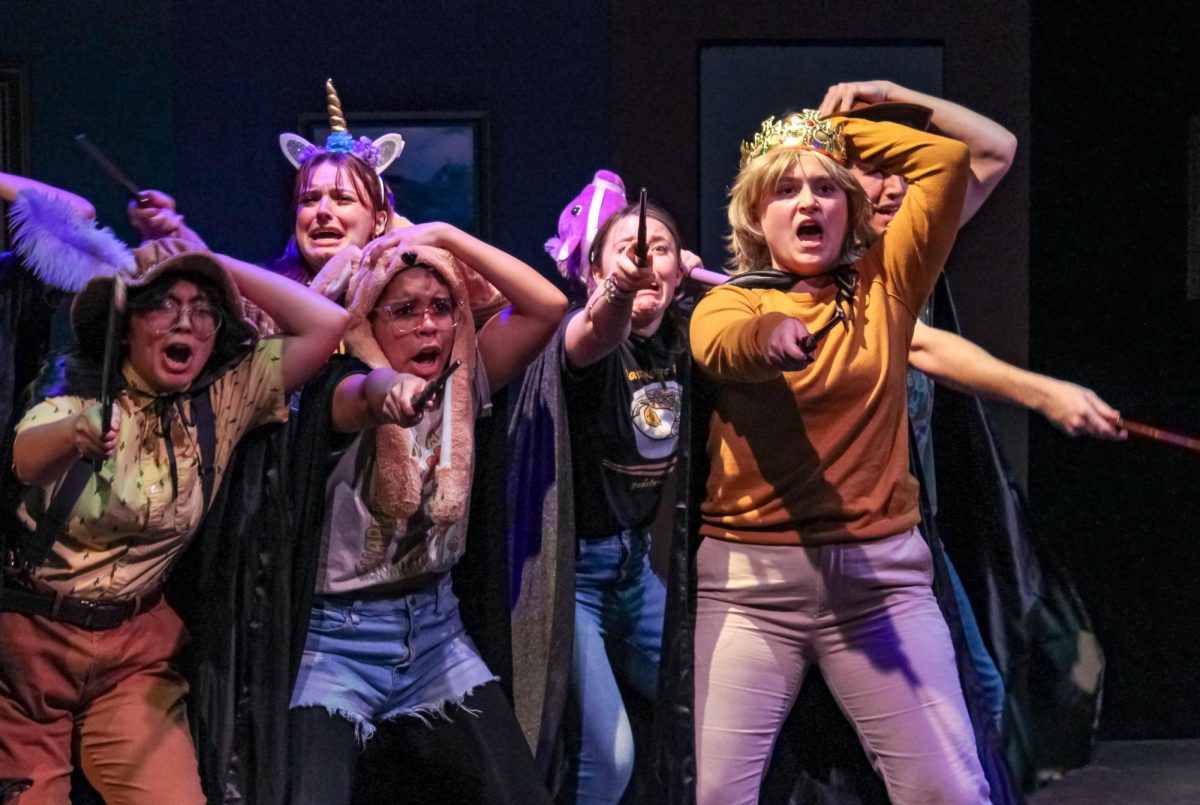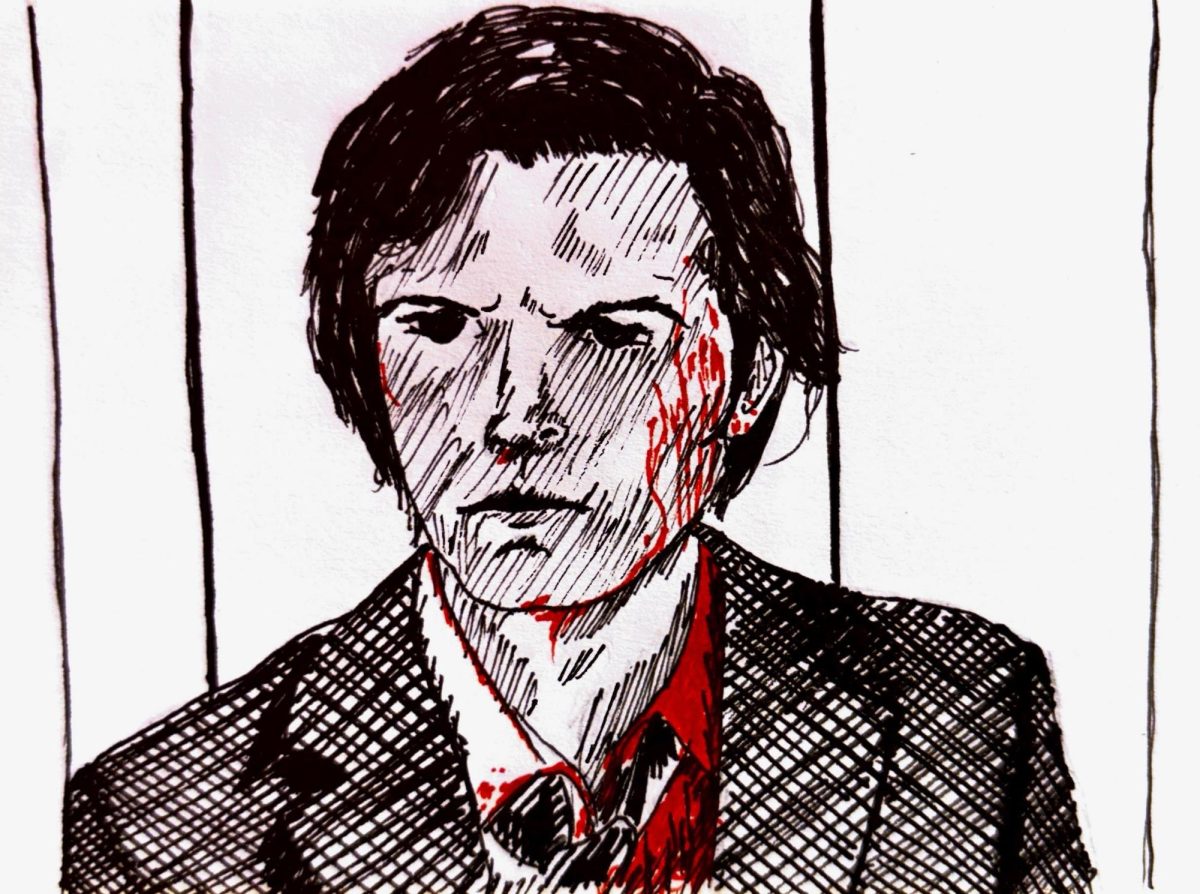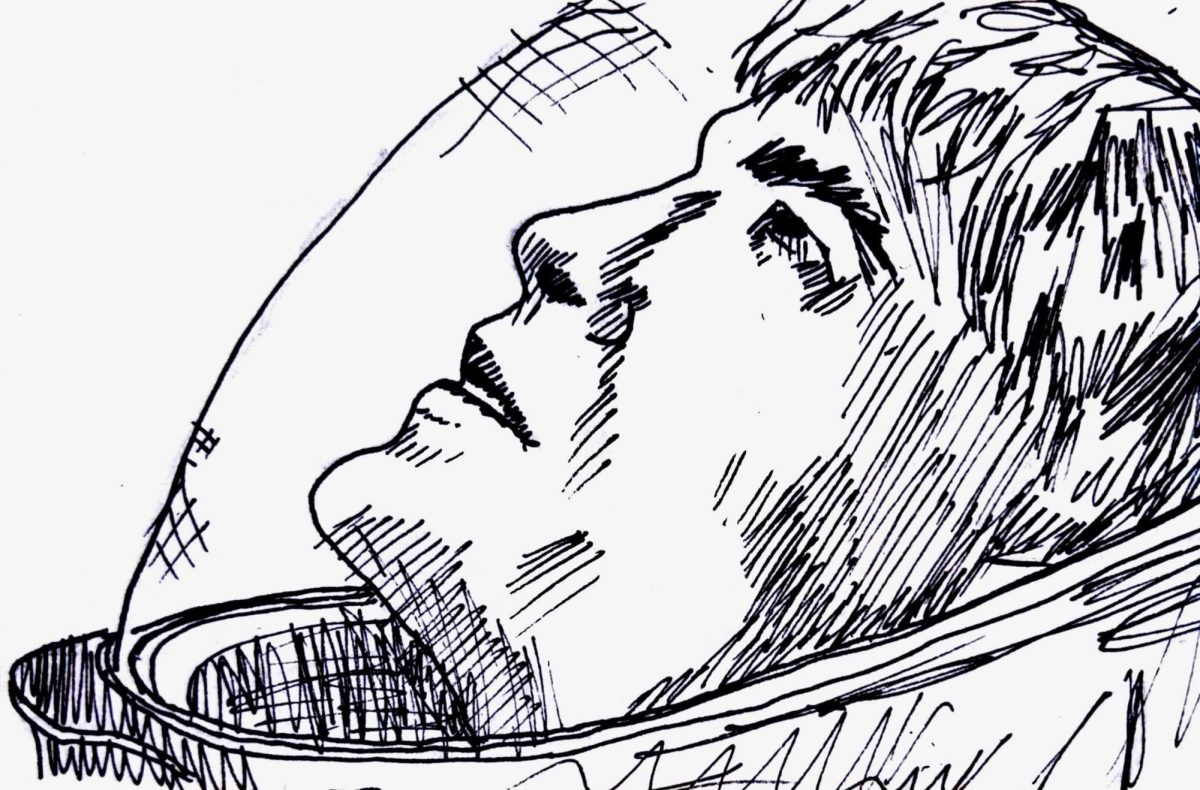On Feb. 8, the Grammy’s honored Jaylah Ji’mya Hickmon (Doechii) with the Best Rap Album award. Since the category’s creation in 1996, only two other women have received the accolade, making this a historic win for the Tampa-born artist. In addition, Doechii is the first openly queer artist to win the award. To many fans, Doechii is a trailblazer; other rap listeners aren’t as impressed.
While up-and-coming rapper Doechii has accumulated musical success, she has taken on a lot of harsh criticism. The media doubts her originality and many listeners question if her rise to fame was organic. Fans stand by her, defending her while simultaneously addressing the rap industry’s biases.
In recent years, Doechii has skyrocketed to success. In 2020, several of Doechii’s tracks, such as “Spookie Coochie” and “Yucky Blucky Fruitcake,” became viral Tiktok hits, making her a social media sensation. As her internet fame progressed, Doechii’s witty lyricism and tasteful genre-blending garnered her a cult-like following.
However, Doechii didn’t reach the mainstream scene until 2022. Her feature on SZA’s melodic R&B masterpiece, “Persuasive,” gain her recognition from several industry giants, most notably Kendrick Lamar and Tyler, the Creator. In 2024, she collaborated with Tyler, the Creator on his hit project, “Chromakopia,” further exposing Doechii to a broader audience. Doechii made it out of the swamp — and her fans are raving. Mia Montemayor, first-year English major, said Doechii’s win was inspiring and well-earned.
“I feel like it completely deserved [Rap] Album of the Year,” Montemayor said.
Montemayor, who is an avid Grammy-watcher, first heard clips of Doechii’s music on TikTok. She immediately fell in love with the hit songs on album “ALLIGATOR BITES NEVER HEAL,” such as “BOOM BAP,” “CATFISH” and “BEVERLY HILLS.”
Similarly, Levolea Wallace, senior sociology major, said Doechii’s fame and recognition was “long overdue.”
“She’s very clever, very smart and she’s very culturally connected and connected to her roots … people like Kendrick Lamar recognizing her is for a reason,” Wallace said.
Doechii’s Grammy win signifies more than just a personal victory, however. The rap industry has been historically dismissive of female and queer artists, making Doechii’s win even more momentous.
“Women have to work harder … and I haven’t seen many more gay men rappers,” Montemayor said. “This is something that has been needed, that has been deserved, by so many women along the line … and I’m thankful that it was her album that broke through the ceiling.”
Many fans praise Doechii for infusing vulnerability within the record, but others suggest that the provocative lyrics in “ALLIGATOR BITES NEVER HEAL” lack authenticity. Favourlynn Olando, first-year psychology major, is an original fan of Doechii. She has a more critical opinion of the Grammy-winning album.
“I feel like it’s kinda controversial because that’s what’s really putting her on the map … I hate to say it, but I’m not the biggest fan,” Olando said. “It’s a lot of violence, and it’s not the Doechii that I fell in love with.”
However, Olando said she still appreciates Doechii as an artist. Despite her qualms with the album, she said she still thinks the Swamp Princess deserves all of the hype she is receiving.
“She’s very talented, and I can’t deny that. I love her so much … There’s a reason why she’s trending right now,” Olando said.
Ever since Doechii’s Grammy nomination was announced, the media has ruthlessly labeled her as an industry plant. Montemayor said she rejects this notion.
“She got screwed up by her label … industry plant — why?” Montemayor said. “It’s insulting to how hard she had to work to get where she was.”
Doechii’s music is eccentric and genre-defying, and “ALLIGATOR BITES NEVER HEAL” challenges the rap industry’s norms. Doechii’s stylistic and lyrical quirks have certainly attracted criticism, but the fans appreciate her alter ego.
“This is a new style we are being introduced to. It’s a new persona,” Montemayor said.
“I think people just don’t like to see things that are different.”
In addition, many of Doechii’s fans have connected the industry plant allegations to a deeper reality: Black and queer women face barriers and discrimination, especially within the music industry.
“Laurel Hill got backlash. Cardi B got backlash. Doechii — it’s the same story,” Wallace said. “That’s what happens when you’re a Black girl … so it’s really not surprising that they’re getting backlash.”






